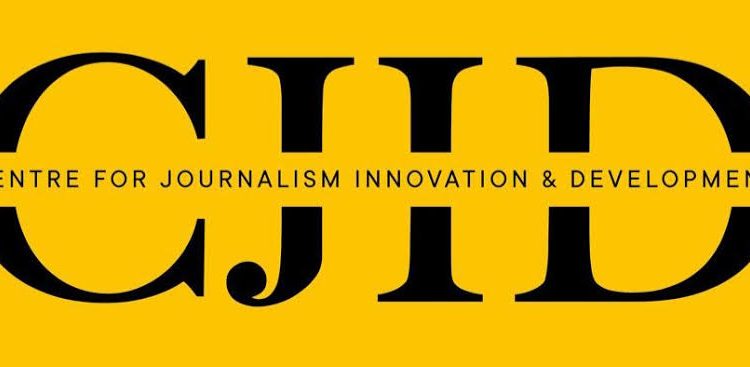The Centre for Journalism Innovation and Development (CJID), in collaboration with Mental Health KAFE and the Association of Psychiatrists in Nigeria (APN), has announced an upcoming training for media professionals, academicians, and researchers in the realm of mental health reporting.
In a press release issued by the Director of Programmes at CJID, Akintunde Babatunde, the two-day workshop, themed “Mental Health Reporting,” is slated to take place on August 7th and 8th, 2023, in Abuja.
The training which was set up to address the dearth of accurate and responsible reporting on mental health issues in Nigeria, will provide participants with opportunities to enhance their comprehension of mental health nuances and bolster their capabilities for considerate and effective reporting.
Tobi Oluwatola, the Executive Director of CJID, stressed the pivotal role journalists play in disseminating awareness about mental health conditions and encouraging public comprehension.
He expressed, “At CJID, our mission is to strengthen West Africa’s journalism sector to promote democratic accountability in the service of inclusive and sustainable development. By reporting on mental health issues in a responsible and accurate way, journalists can help to reduce stigma and encourage people with mental health conditions to seek treatment. This will in turn impact public health outcomes, as a crucial element of sustainable development.”
The founder of Mental Health KAFE (MHKAFE), Deborah Adenikinju, echoed the urgency of accurate and compassionate reporting, particularly in a society where misconceptions still envelop mental health.
She asserted, “The media has a profound impact on shaping public perceptions, and through this toolkit, we aim to drive positive change in how mental health is portrayed and understood across Nigeria.”
The organizers emphasized the workshop’s timeliness, highlighting the media’s pivotal role in covering mental health issues. Equitable, holistic, and ethical reporting demands a nuanced understanding of the subject, and this workshop is designed to foster such understanding.
A cornerstone of the workshop will be the launch of a comprehensive mental health toolkit, meticulously developed to uphold journalism standards and integrity. This toolkit is the result of collaborative efforts between mental health professionals and esteemed media figures, all acknowledging the media’s power to influence mental health perceptions.
By bridging the gap between mental health reporting, public understanding, and acceptance, this resource aims to arm media professionals, academicians, and researchers with the essential tools to navigate this sensitive domain.

